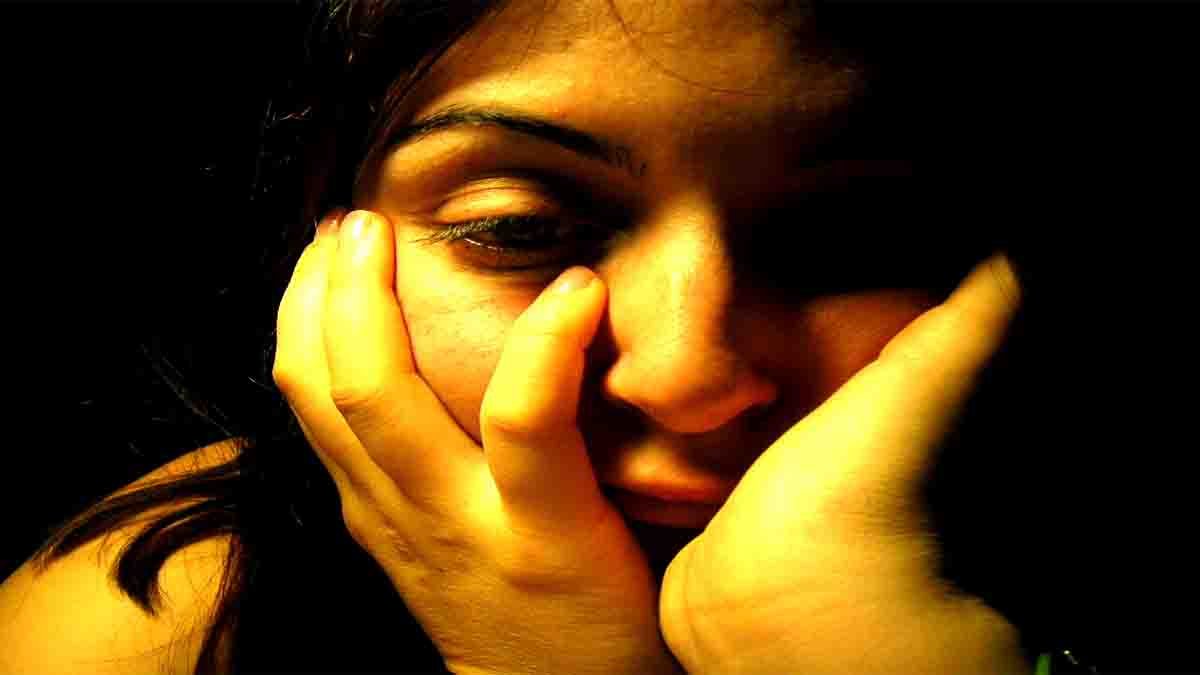How to Stop Baby Grinding Teeth! Becoming a parent is a joyous journey filled with countless adorable moments. However, one common concern that many parents face is the issue of baby teeth grinding. The sound of your little one grinding their teeth can be unsettling, leaving you wondering what might be causing it and how to put a stop to it. In this comprehensive guide, we will explore How to Stop Baby Grinding Teeth. Here we will explore the reasons behind why babies grind their teeth, the symptoms, the potential side effects, and most importantly, the step-by-step methods to stop baby grinding teeth. So, let’s dive in and equip you with the knowledge to tackle this challenge head-on!
Table of Contents
Why Do Babies Grind Their Teeth?
Babies grind their teeth for various reasons. Stress and anxiety are common triggers, just like in adults. Teething, when new teeth are erupting, can also cause discomfort leading to grinding. Additionally, misaligned teeth or an abnormal bite can be a culprit. Some babies might grind their teeth as a way to explore the sensation or to cope with the pain during teething.
How to Stop Baby Grinding Teeth: A Step-by-Step Guide
Here you can check the step by step guide about How to Stop Baby Grinding Teeth:
Total Time: 10 minutes
Regular Dental Checkups
Ensure your baby has regular dental checkups. A pediatric dentist can identify any dental issues early on, offering solutions and guidance tailored to your child’s needs.
Create a Soothing Bedtime Routine
Establish a calming bedtime routine to reduce stress and anxiety. A warm bath, gentle lullabies, or a bedtime story can help your baby relax before sleep.
Teething Toys
Provide your baby with appropriate teething toys. Chewing on these toys not only alleviates teething discomfort but also discourages grinding.
Massage Gums
Massaging your baby’s gums with a clean finger can ease teething discomfort, minimizing the urge to grind teeth.
Maintain a Balanced Diet
Ensure your baby has a well-balanced diet. Nutrient deficiencies can affect dental health. Consult a pediatrician for suitable dietary recommendations.
Relaxation Techniques
Practice relaxation techniques with your baby, such as gentle massages or yoga stretches. These techniques can alleviate stress, reducing the likelihood of teeth grinding.
Avoid Caffeine and Sugary Foods
Steer clear of caffeine and sugary foods close to bedtime. These substances can make your baby restless, potentially exacerbating teeth grinding.
Comforting Environment
Create a peaceful sleeping environment. Dim the lights, maintain a comfortable room temperature, and use soft bedding to ensure your baby feels secure and relaxed.
What Teeth Do Babies Grind?
Babies usually grind their primary teeth, also known as baby teeth. These teeth are temporary and start appearing around six months of age. Grinding these primary teeth can lead to wear and tear, causing dental problems if not addressed timely.

Symptoms of Teeth Grinding
Recognizing the symptoms of teeth grinding is essential in addressing the issue promptly. Common signs include:
- Grinding noises while sleeping
- Complaints of jaw pain or soreness
- Increased tooth sensitivity
- Worn-down teeth
- Facial pain, especially around the ears
Side Effects of Baby Grinding Their Teeth
Teeth grinding in babies, if left untreated, can have various side effects. These may include:
- Tooth Damage: Grinding can wear down the enamel, leading to tooth sensitivity and an increased risk of cavities.
- Jaw Pain: Prolonged grinding can strain the jaw muscles, causing discomfort and pain.
- Disrupted Sleep: Grinding noises can wake up your baby, disrupting their sleep patterns and causing daytime drowsiness.
- Speech Issues: Severe teeth grinding might lead to speech impediments, affecting your child’s communication skills.
Common Mistakes to Avoid
When addressing teeth grinding in babies, certain mistakes should be avoided:
Ignoring the Issue: Ignoring teeth grinding can lead to more severe dental problems. Address the problem as soon as you notice the signs.
Overlooking Stressors: Identifying and addressing stressors in your baby’s life is crucial. Address any changes or anxieties your baby might be experiencing.
Delaying Dental Checkups: Regular dental checkups are vital. Delaying these appointments can result in the progression of dental issues.
Ignoring Tooth Alignment: Misaligned teeth often contribute to grinding. Consult a pediatric dentist to address any alignment issues.
Tips and Tricks to Prevent Baby Teeth Grinding
Practice Relaxation Techniques Together: Engage in calming activities with your baby, such as soft massages, to promote relaxation and reduce stress.
Limit Screen Time: Excessive screen time can cause restlessness. Limit your baby’s screen time to promote better sleep quality.
Use a Night Guard: In severe cases, a pediatric dentist might recommend a night guard to protect your baby’s teeth from grinding.
Stay Consistent with Bedtime: Maintain a consistent bedtime routine. Predictability helps babies feel secure and reduces anxiety, minimizing teeth grinding.
Offer Comfort: Provide comfort to your baby during teething. Sometimes, a comforting touch can reduce the urge to grind teeth.
Facts About Baby Teeth Grinding
Common in Toddlers: Teeth grinding is common in toddlers and usually resolves on its own as they grow older.
Can Be Genetic: Teeth grinding can run in families. If you or your partner grind your teeth, your baby might be more prone to it.
Temporary Condition: Most cases of teeth grinding in babies are temporary and improve with age.
Linked to Developmental Changes: Teeth grinding can occur during developmental milestones, such as when a baby starts walking or talking.
Conclusion
In conclusion of How to Stop Baby Grinding Teeth, baby teeth grinding can be concerning, but with the right approach, it is manageable. By understanding the reasons behind this behavior, recognizing the symptoms, and following the step-by-step guide provided here, you can effectively address and stop your baby from grinding their teeth. Remember, consistency and patience are key. By creating a soothing environment, addressing potential stressors, and consulting with a pediatric dentist, you can ensure your baby’s dental health and overall well-being. Here you can checkout that Smoking After Wisdom Teeth Extraction.
FAQs About How to Stop Baby Grinding Teeth
At what age do babies usually start grinding their teeth?
Babies can start grinding their teeth as early as six months when their first teeth come in.
Is teeth grinding harmful to my baby’s teeth?
Yes, prolonged teeth grinding can lead to tooth damage, sensitivity, and other dental problems if not addressed.
Should I be concerned if my baby grinds their teeth occasionally?
Occasional teeth grinding is usually not a cause for concern. However, if it becomes frequent or loud, consulting a dentist is advisable.
Can teething toys help prevent teeth grinding?
Teething toys provide a safe way for babies to alleviate teething discomfort, which might reduce the urge to grind their teeth.
Is teeth grinding hereditary?
Yes, teeth grinding can be hereditary. If parents or siblings have a history of teeth grinding, the baby might be more prone to it.
Should I wake my baby if I hear them grinding their teeth at night?
Waking your baby is not necessary unless the grinding is very loud and persistent. Instead, focus on addressing the underlying causes.
Can stress cause teeth grinding in babies?
Yes, stress and anxiety can be triggers for teeth grinding in babies, just like in adults. Creating a relaxing environment can help alleviate stress-related grinding.


